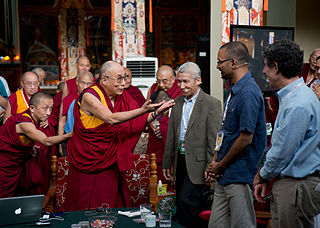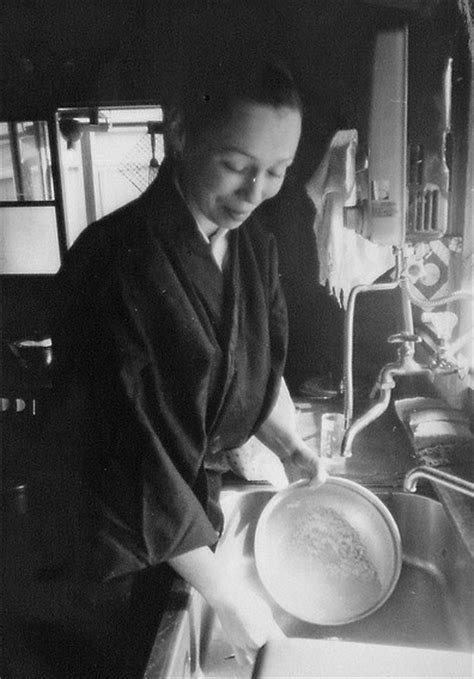A Quote by Nhat Hanh
Looking deeply into the wrong perceptions, ideas, and notions that are at the base of our suffering is the most important practice in Buddhist meditation.
Related Quotes
If we are at war with our parents, our family, our society, or our church, there is probably a war going on inside us also, so the most basic work for peace is to return to ourselves and create harmony among the elements within us - our feelings, our perceptions, and our mental states. That is why the practice of meditation, looking deeply, is so important.
Practice can be stated very simply. It is moving from a life of hurting myself and others to a life of not hurting myself and others. That seems so simple-except when we substitute for real practice some idea that we should be different or better than we are, or that our lives should be different from the way they are. When we substitute our ideas about what should be (such notions as "I should not be angry or confused or unwilling") for our life as it truly is, then we're off base and our practice is barren.
We meditate alone but live our lives with other people; a gap is inevitable. If our path is to lead to less suffering, nd much of our suffering is with other people, then perhaps we need to reexamine our sole commitment to these individual practices... As our individual pracitce deepens, it may yiled true ease. But whether we practice meditation in seclusion or independently alongside other meditators at a meditation group or retreat, individual meditation approaches the confusion and pain of our relational lives only indirectly.
When you climb a ladder and arrive on the sixth step and you think that is the highest, then you cannot come to the seventh. So the technique is to abandon the sixth in order for the seventh step to be possible. And this is our practice, to release our views. The practice of nonattachment to views is at the heart of the Buddhist practice of meditation.
My ethics, my sense of morality, my work ethic, my sense of compassion for suffering humanity, all of that comes directly out of the practice of poetry, as does my Buddhist practice. Poetry is a very important element in the history of Buddhism in general and in Zen in particular. It was really Zen that motivated me to change the way I perceive the world.
Our role as gardeners is to choose, plant and tend the best seeds within the garden of our consciousness. Learning to look deeply at our consciousness is our greatest gift and our greatest need, for there lie the seeds of suffering and of love, the very roots of our being, of who we are. Mindfulness...is the guide and the practice by which we learn how to use the seeds of suffering to nourish the seeds of love.
























